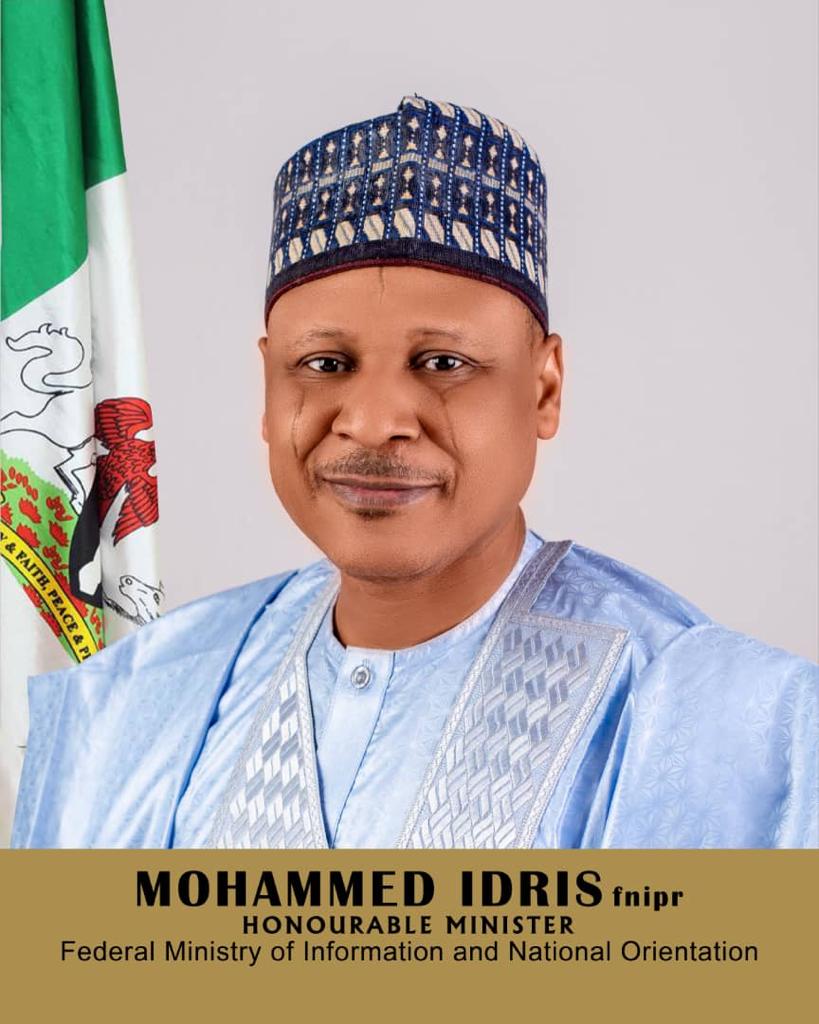The United Nations Educational, Scientific and Cultural Organisation (UNESCO) have called for an all inclusive and equitable quality education through play, for early childhood development especially in rural areas in Nigeria.
Mr Ydo Yao, Regional Director, UNESCO office in Abuja, said this during a one-day stakeholders meeting on Play and Resilience: A China-Africa collaboration project for building a peaceful and Sustainable Future in Abuja.
Yao disclosed that the project was targeted at rural children, which is being piloted in two local government areas in Adamawa and Ebonyi states.
“We are aware that tackling disadvantages and setting strong foundations for learning begins in the earliest years.
“However, many children are deprived of these rights as evidence suggests that young children in greatest need, who also stand to gain in the most, are unlikely to have access to these programmes due to multiplicity of reasons.”
Yao stressed the need for all stakeholders in the education sector to collaborate at the federal and state level to improve childcare in rural schools.
“Decades of child development and Resilience research point to the single finding that a stable, caring and responsible relationship with at least one adult is the key to offsetting childhood adversities (resilience).
“The Needs Assessment therefore becomes imperative to investigate the level of awareness possessed by stakeholders on the need to make conscious effort to build children’s resilience through Play. ”
He, therefore emphasised that the play and resilience project would further raise awareness among parents, families, communities and policy makers on the importance of Early Childhood Care and Education (ECCE) in the development of a child.
Similarly, Alhaji Hamid Bobboyi, Executive Secretary, Universal Basic Education Commission (UBEC) also stressed the need for ECCE to enable a child’s brain and personality develop and impact positively on the society.
“Play has been found to allow children the opportunity to create, invent, discover, express themselves and learn about their immediate environment and the world at large.”
According to him, the commission had procured 555,000 text materials, 16,761 building blocks, 8,917 counting cards and bags as well as 407 play equipment to support the project.
Bobboyi said that the commission was also improving the capacity of caregivers and teachers to further develop the children’s potentials.
He also disclosed that the commission was working towards addressing the negative effects of security challenges on the child, which had exposed them to abuse, violence and lack of safe play areas.
“The amelioration of this situation is what the commission seeks and focuses on. This is why provision of amenities to ensure safe and good play in the school has been our target.”
On her own part, Ms Rokhaya Diawara, Education Programme Specialist, UNESCO, said the meeting aimed at sharing the findings of the need assessment, validate the report, share draft manual for training identified target groups.
Diawara said that it would also give them a platform to agree on the institution that would conduct the capacity building for identifying beneficiaries and target group. (NAN)
End



